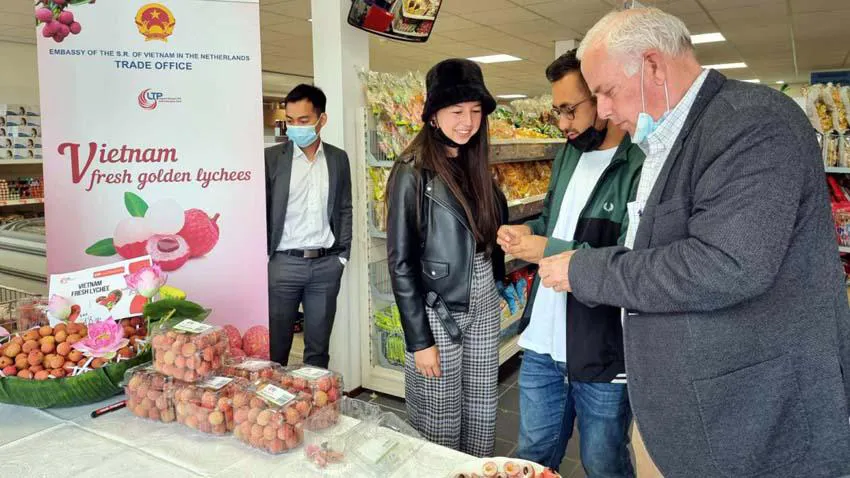Vietnamese Gov’t supports businesses to further penetrate foreign markets
By 2030, it is expected that Vietnamese goods would be available at both traditional and online distribution networks in all countries having free trade agreements (FTAs) with Vietnam.
The Government of Vietnam has outlined a vision to help Vietnam expand its export and import markets for long-term and sustainable development.
In a decision signed by Deputy Prime Minister Le Van Thanh, the government will support local businesses to take part in foreign distribution networks until 2030.
The government would encourage Vietnamese enterprises to further integrate into global supply chains by sourcing products and goods for foreign distribution networks.
The move would promote close and strategic partnerships between Vietnamese producers, foreign traders, and distributors through traditional and online trading platforms.
“This would contribute to sustainable and stable production-export-distribution models,” said the document.
More importantly, such measures would help change businesses’ mindset in production toward a more professional and sustainable manner to enhance their long-term competitiveness; attract both domestic and foreign investment capital into the domestic green and sustainable production of high-quality exports.
“The goal is for Vietnam to become a country capable of supplying a large volume of goods and products for the global market,” it stated.
Among the key steps, the government agencies are expected to provide market information for 20,000 businesses; hold training courses for 15,000 others to enhance competitiveness and production capacity to join the global value chains, and 5,000 others to join cross-border trade activities.
Vietnam would hold 10,000 business-matching events with foreign distributors while supporting over 10,000 local products joining international distribution channels.
By 2030, it is expected that Vietnamese goods would be available at both traditional and online distribution networks in all countries having free trade agreements (FTAs) with Vietnam.
It stressed the necessity for local businesses to gradually adapt and upgrade production methods to align with sustainable consumption trends.
The government will also provide incentive policies for foreign companies to establish strategies for purchasing sustainable goods in the Vietnamese market and for local companies to expand their overseas distribution networks.
Another highlight of the decision is the Government's support for enterprises to prioritize green and clean input materials, energy transition, and efficient use of energy during the production process.
In addition to state resources, the government would rely on to other financial means to assist businesses in applying circular economic models during their operation, especially in the gro-forestry-fishery sector.












